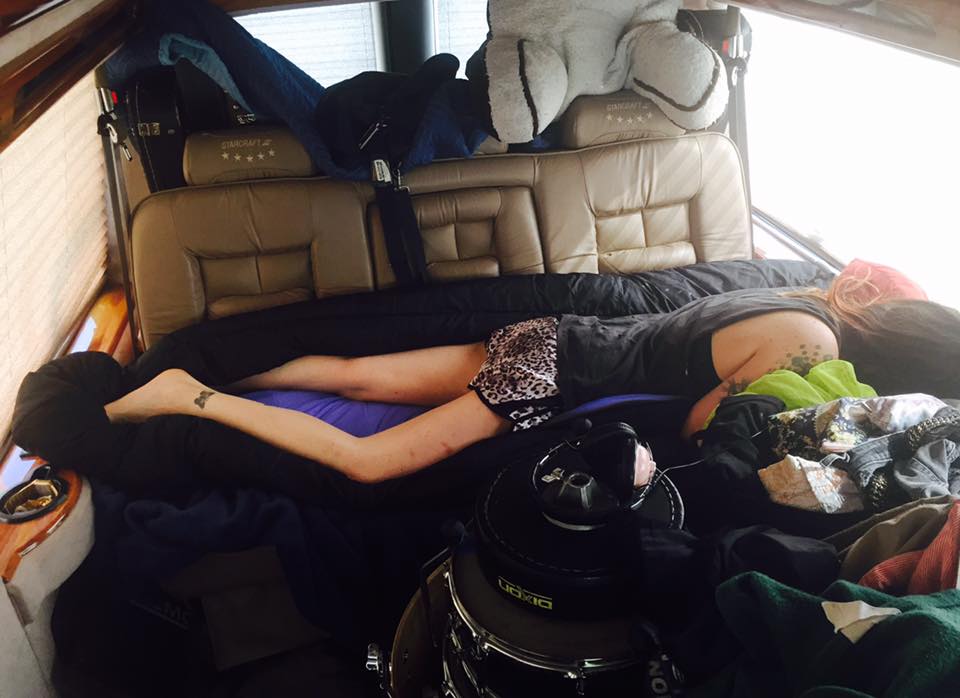In reality, nearly every musician dreams about playing a show to hundreds or thousands of people so they can do what they do best, perform and play to a sold out crowd. Rarely does something like this happen quickly (not saying it can’t), but most artists and bands will need to start out one fan at a time by personally inviting family, friends, co-workers and online fans to their events.
You’ll need to get creative in finding ways to get people to come out to shows, especially if no one knows your band yet! Either way, there are a million ways to promote a show and here are a few suggestions to start:
- Create a Facebook event three weeks to one month ahead of the day of show - further in advance if it’s a record release to maximize visibility.
- Invite your friends from that city - you can search in the facebook search tab “friends of mine in _______” and fill in the city your show is in. Sending a personal message helps, or texting them to see what they’re up to that night.
- E-mail is great and everyone checks theirs pretty regularly. Utilize this and start an e-mail list - let people sign up to get updates and important show details. They can sign up online on a website or by a sign up sheet at your merch booth.
- Create a poster or online flier (one that all the bands can share on social media that is eye-catching and relevant) *no later than a month in advance* as well as physical copies you can drop off at the venue for them to hang up.
- Print up small handbills of your poster and go to local shows and distribute them to show-goers. You can also leave these at some bars or rehearsal space bulletin boards.
- During the weeks prior to your event, go to the venue as well as other local venues and see other bands playing. Introduce yourself to the people at the show and invite them to the show.
- Be thorough in the show information online and on posters - other bands playing, door opening time, show start time, set times for all bands playing and order of bands, age restrictions, location, etc.
- Don’t be pushy
- See if you can sell tickets in advance and give people a cheaper option than purchasing tickets at the door
- Get some friends on the list for free if you have a guess list - usually a band will be given 4 or so guest spots, sometimes more, sometimes less.
- Engage with your audience and do some sort of ticket giveaway or contest
- Set goals for yourself/your band on hitting particular crowd numbers for growth
It is important to not be afraid of self-promotion. This is a common fear amongst musicians and people who have lots of stuff to promote! And most of the time, people want to know! You’re gonna have to if you want people to show up. Let people know where you’re gonna be and why they should come - do you have new songs you’ll be playing that you haven’t yet? Do you have a new look? New album out? Songs people wanna sing and dance to? A one-time collaboration happening on-stage? Make it interesting and show people you are interested in your show. Make frequent posts about it, not just once, but many times, because people forget and because repetition sticks in people’s minds!
Most importantly, be creative and thoughtful in inviting people out. It’s great to speak to the masses online, but people find it exciting and more meaningful if you reach out in a more personal way. Then eventually you will find ourself infront of those 100 people you imagined in the first place!












